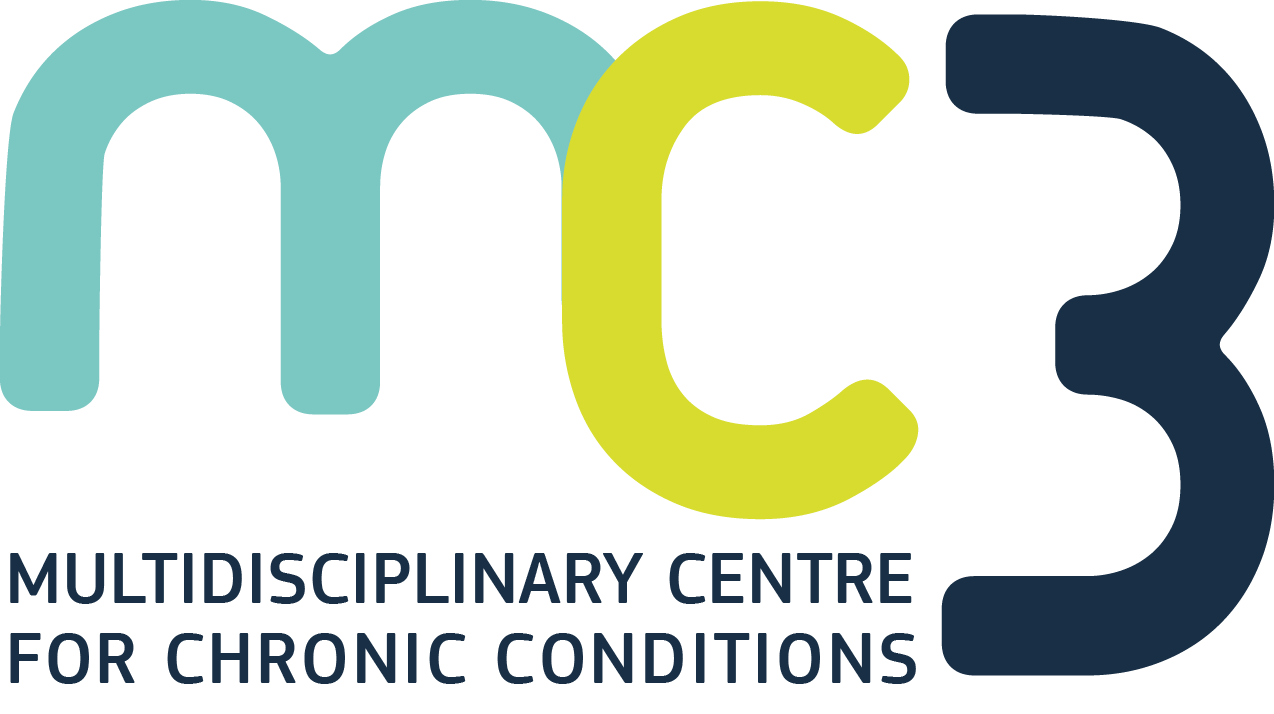Research and clinical experience reliably and repeatedly demonstrated the increasing evidence documenting the role of social, economic, and political forces in determining health, diseases, treatment, and recovery. Health is most accurately conceptualized as biopsychosocial phenomena, in which health and disease emerge through the interaction between biology, human behaviour and the social environment. Social and behavioural processes drive the epidemiology, severity, and experience of disease. Quantitative and qualitative research methods provide strong evidence that health outcomes inequitably disperse across the social class, culture, gender, and race both within and between countries. Socioeconomic status, education, housing, employment, environment, all of which are forcibly shaped by societal, behavioural, and structural factors, determine 90% of health outcomes, while only 10% are determined by biomedical healthcare. Medical education, however, places primary emphasis on biomedicine and often fails to emphasize and educate students about the social forces that shape disease patterns. Without explicit education about social context factors, clinicians may never learn to recognise and respond to social and behavioural factors that are in the roots of patient’s risk for, response to, and experience with disease. For example, physicians tell obese patients from poor neighbourhoods to change their lifestyle by exercising and eating healthy without recognizing the lack of affordable eating options, green spaces, and physical activity opportunities. Similarly, conditions like menopause, Asperger’s syndrome, AIDS, and suicide can have profoundly different cultural meanings. Intensified engagement with the environments and social spaces in which people live, work, study, and play are essential elements of improving population health. This understanding forms the basis of the disciplines of social and behavioural medicine, and can dramatically change a diagnostic picture or therapeutic plan. These principles and perspectives should be embedded into development course curricula as well as research. Such training prepares practitioners to improve health through building community partnerships, utilizing narrative medicine in patient care, participating in social movements, practicing community-based participatory action research, and deeper understanding of social and behavioural determinants of health. Text by: Iveta Nagyova
Read more
Kasper et al. All health is global health, all medicine is social medicine. Acad Med 2016,91,5:628-32
Stonnington et al. Case studies in social medicine. N Engl J Med 2018,379,20:1958-561
Westerhaus et al. The necessity of social medicine in medical education. Acad Med 2015,90,5:565-8
Williams DM et al.Conceptualizing and intervening on affective determinants of health behaviour, Psychol Health 2019,34,11:1267-81




